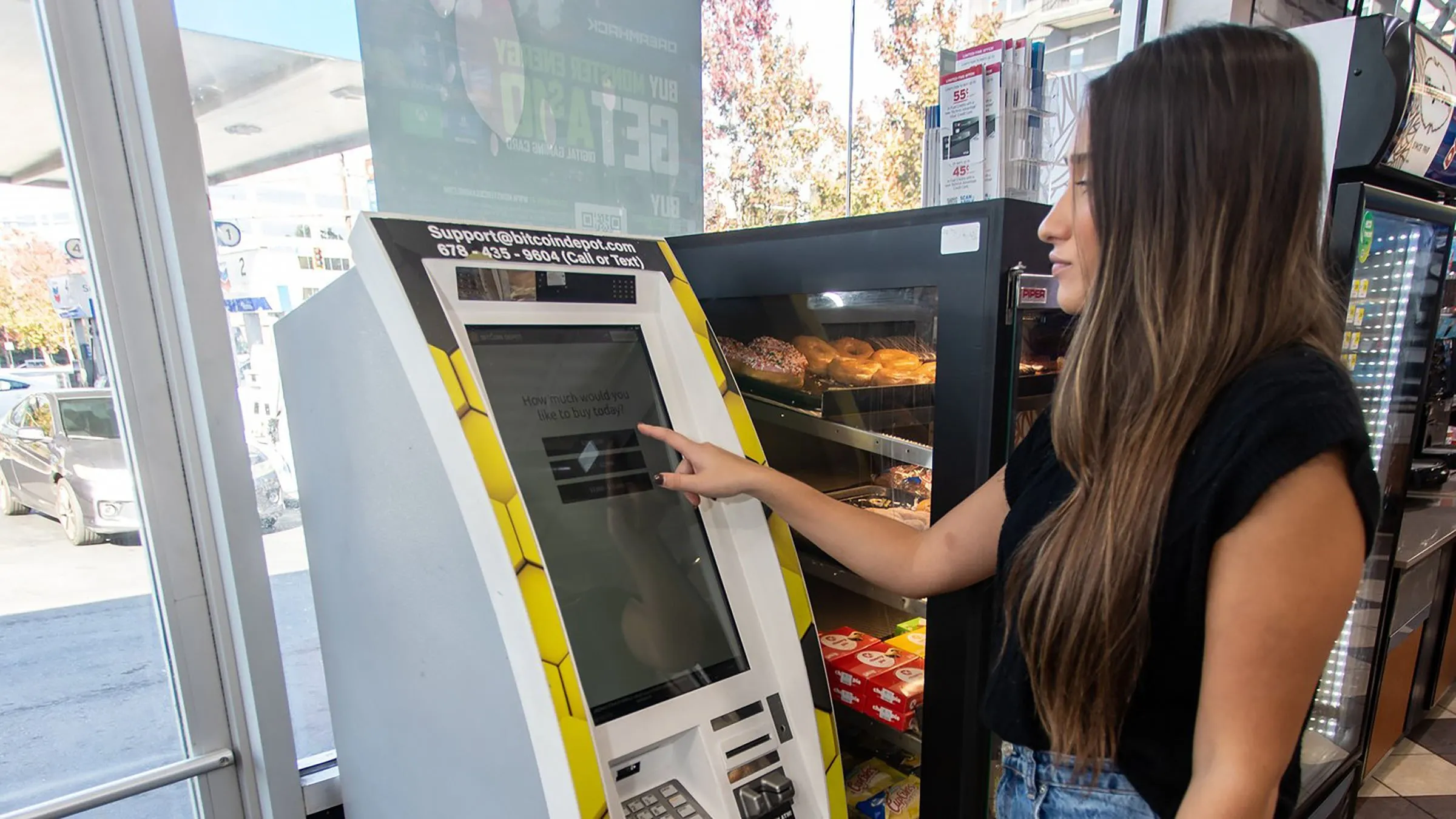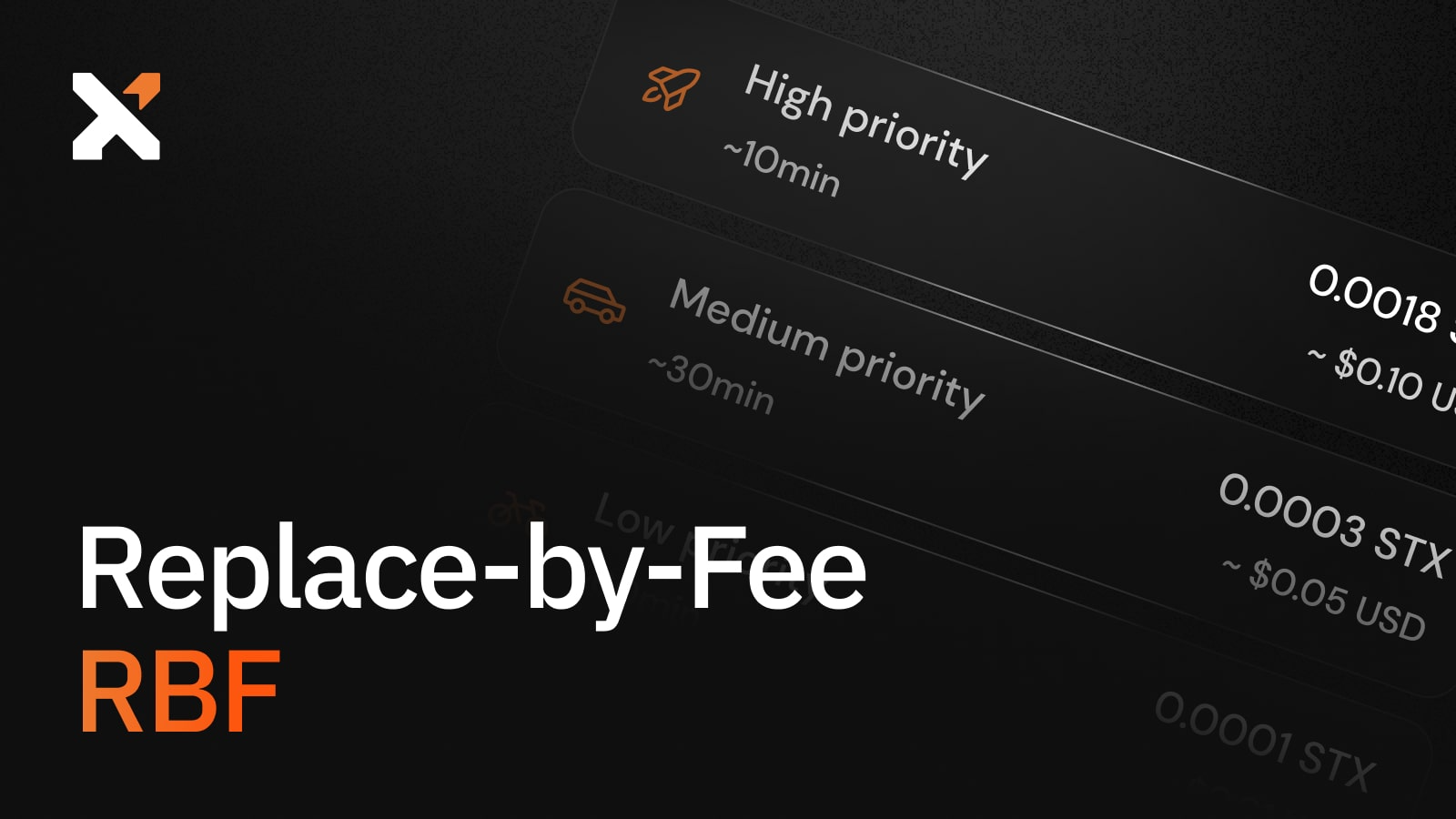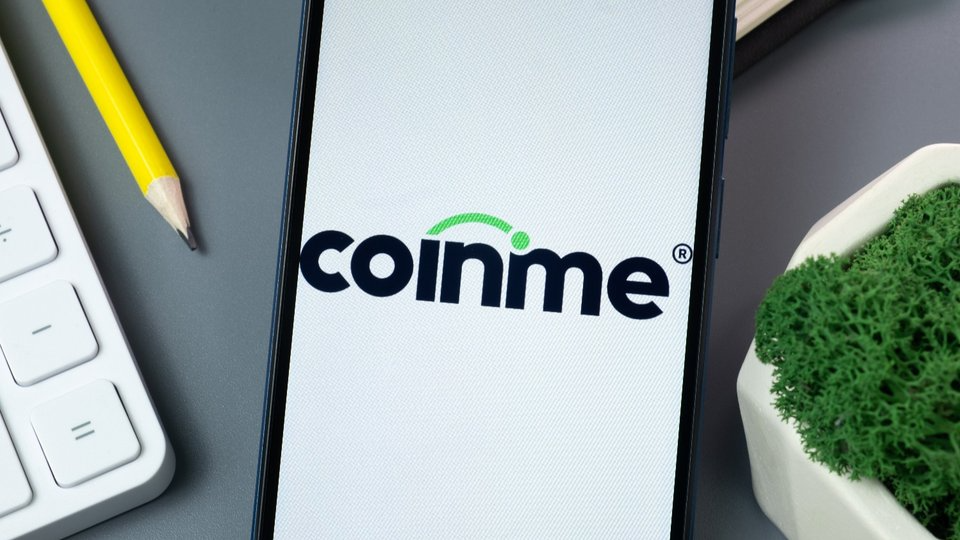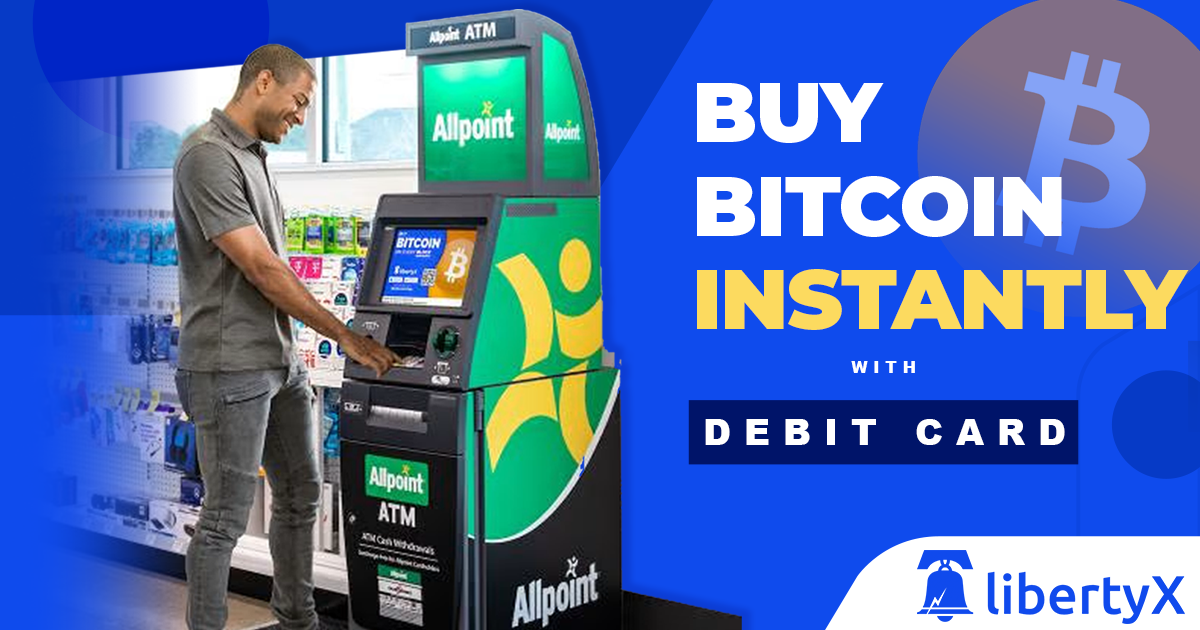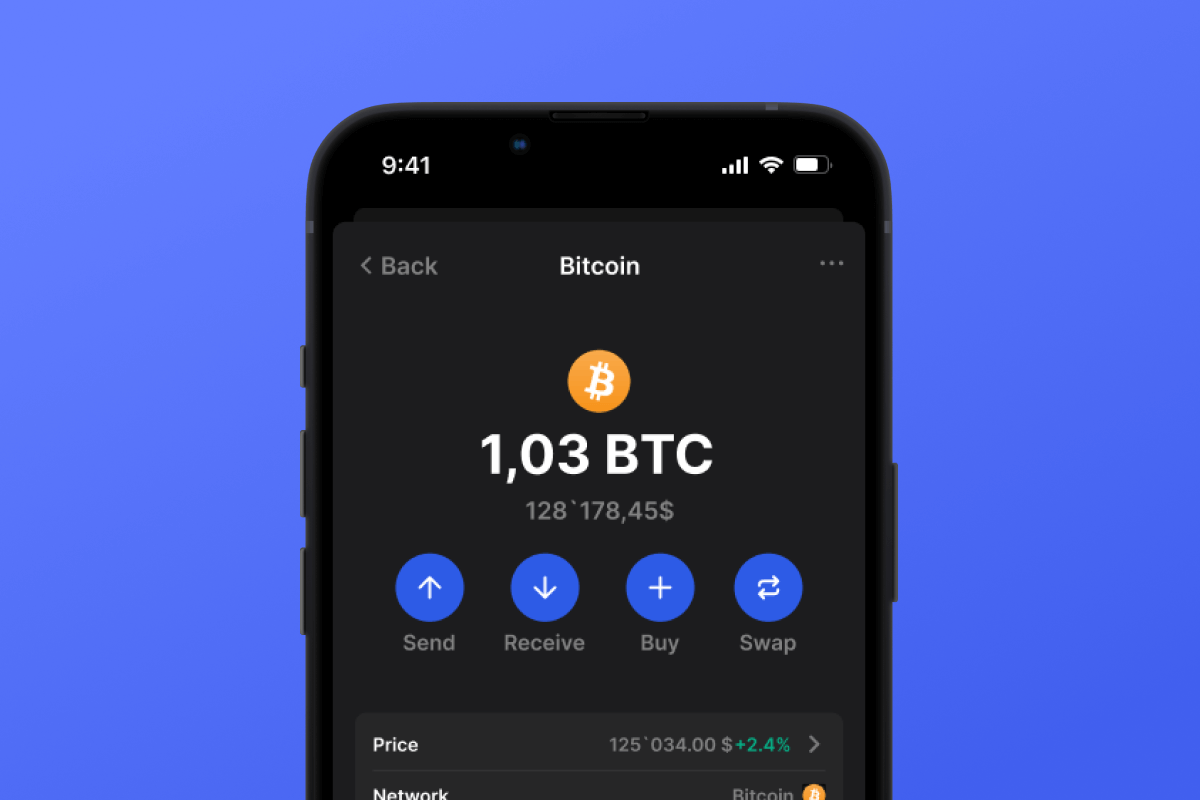Introduction
If you’re looking to buy cryptocurrency via a kiosk or online, Bitcoin Depot is one of the largest networks of Bitcoin ATMs (BTMs) in the U.S. and Canada. With convenience comes cost, and in this article we’ll go through exactly what fees you can expect, how they are structured, how they compare to alternatives, and key tips for navigating them.
Fee Structure at Bitcoin Depot
Here’s what we know about the fee structure for Bitcoin Depot — remember: actual costs can vary based on location, method, and state regulations.
1. Flat Service Fee
In the company’s Terms & Conditions, Bitcoin Depot states there is a flat $3.00 service fee applied to exchange transactions. bitcoindepot.com+1
2. Spread on the Exchange Rate
Beyond the flat fee, they charge a spread — that is, the difference between the cash you insert and the market value of the bitcoin you receive. According to their terms:
“Bitcoin Depot shall charge a spread between seventeen and three-tenths percent (17.3 %) and fifty percent (50 %) of the total transaction amount … depending upon location.” bitcoindepot.com+1
That means in some cases for each $100 of cash you put in, you might only receive the equivalent of ~$50 in bitcoin (a 50 % spread) in that worst-case scenario.
3. Network & Blockchain Fees
While the flat fee + spread cover the machine’s service, there are also underlying blockchain transaction or “network” fees. These are separate and depend on the cryptocurrency network. Bitcoin Depot’s FAQ and third-party sites note that ATM operators generally pass on, or embed, network fees in their spread. bitcoindepot.com+2BYDFi+2
4. Minimum/Maximum Limits
Though not strictly a “fee”, limits are relevant to cost efficiency:
- Minimum purchase at a Bitcoin Depot ATM: $20 cash. bitcoindepot.com+1
- Daily maximum (varies by state) reported up to $25,000 for certain kiosks. bitcoindepot.com+1
Large purchases may make the flat fee and spread relatively smaller in percentage terms, but the spread still matters significantly.
What This Means in Practice
- On the low end: If you buy $100 of bitcoin, you pay $3 + a spread of at least ~17.3% (as per their published bracket) → your cost could be ~$20 in spread + $3 flat fee = ~$23 total, leaving you with ~$77 worth of bitcoin (before any blockchain fee).
- On the high end: If you encounter a 50% spread scenario: Insert $100 cash → $3 flat fee + $50 spread = ~$53 cost → receiving ~$47 of bitcoin.
- Compared to online exchanges or direct bank transfers, these fees are substantially higher. Many exchanges charge far lower percentage spreads, though they may require identity verification, bank linkage, etc.
Why Are the Fees So High?
There are several reasons for the elevated costs in using Bitcoin Depot ATMs:
- Operational costs: Physical kiosks require hardware, cash handling, maintenance, insurance, security, site rental, etc. DFPI+1
- Convenience & immediacy: You can walk in, pay cash, get crypto in minutes — that premium convenience often brings higher cost.
- Risk & regulatory compliance: Crypto ATMs must comply with KYC/AML laws, money transmission licensing, which adds cost. bitcoindepot.com+1
- Spread vs. flat-fee subsidy: The spread gives the operator flexibility by embedding profit and cost into the exchange rate rather than itemising it.
Tips to Minimise the Cost
If you decide to use Bitcoin Depot (or any crypto ATM), here are some tactics to reduce the effective fee:
- Do a larger single transaction rather than many small ones: The flat fee ($3) gets diluted, though the spread still applies.
- Check multiple nearby machines/operators: Fee structures vary by location and operator.
- Use online methods when possible: Buying crypto via bank transfer or reputable exchange may have much lower cost, though less immediate/anonymous.
- Check the quote beforehand: Many kiosks display the exchange rate and fees before you commit — take a screenshot if possible.
- Understand the full cost: Sometimes the “spread” isn’t clearly labelled; check how many bitcoins you’ll receive vs. cash you input.
Comparison to Industry Averages
To put Bitcoin Depot’s fees in context:
- Industry average for U.S. bitcoin ATMs: Buying typically ranges from 15% to 30% of the transaction value in fees. cryptodispensers.com+1
- Bitcoin Depot’s disclosed spread of 17.3% up to 50% puts it within or above this range depending on location and scenario.
- For everyday users, this high cost means you need bitcoin to appreciate by at least the same percentage just to break even relative to market price.
Final Thoughts
Using a Bitcoin Depot ATM provides speed and convenience, but you’re paying a significant premium for that service. The combination of a $3 flat fee + a spread up to 50% means you could end up receiving significantly less crypto than the cash you inserted. Before using one, it’s smart to compare cost-effective options, take into account your transaction size, and verify what the machine is offering you.
Political / U.S. Landscape Implications
The fee structure at Bitcoin Depot and other crypto ATMs raises broader questions about financial equity, regulation, and consumer protection in the U.S. marketplace. Because ATMs with high-fees are often located in convenience stores or gas stations in underserved or lower-income communities, there is a risk of regressive impact, where those least able to absorb high costs are disproportionately paying them. Regulatory bodies — such as the Consumer Financial Protection Bureau (CFPB) and state money-transmitter regulators — may face pressure to increase transparency requirements around fee disclosures for crypto kiosks, especially as complaints rise.
On a political level, this dynamic could become part of broader discussions around the role of crypto in the U.S. financial system: Is crypto adoption empowering consumers or adding new cost burdens? Policymakers may consider whether existing frameworks adequately safeguard consumers from high-fee or exploitative models, particularly when they intersect with low-cost cash-based entry points. In upcoming elections and legislative sessions, there may be growing momentum to treat crypto-kiosk fee disclosures similarly to traditional financial services.

